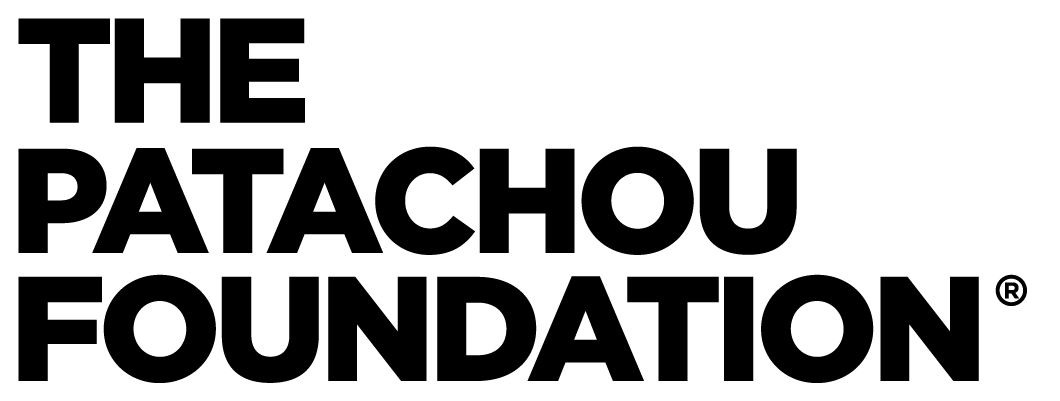Kids Have Agency: Keeping Kids at the Center of our Work
by Myriah Wallace
Myriah is the Food and Community Liaison and a farmer for The Patachou Foundation. In addition to growing fresh produce for The Patachou Foundation’s scratch-made meals, they foster relationships with the communities we serve and creates educational programming surrounding the food system and food justice.
The dinner table shouldn’t be a battlefield. Kids are intelligent and thoughtful and when they say “no thanks” or “I feel full” we should listen. Easier said than done, right? “You can’t leave the table until you clean your plate,” is a phrase I heard plenty of times growing up.
At The Patachou Foundation, we’ve put a lot of thought into developing a philosophy around kids and food — especially when it comes to the meals we create and serve. This philosophy is informed by the Division of Responsibility by expert Ellyn Satter which acknowledges what both child and grown-up are responsible for when it comes to eating: Adults control and provide the what, when, and where of feeding children determine how much, and whether to eat from what is provided.
Our Food Philosophy commitments are as follows:
1. Food is a right. All kids deserve nutritious and tasty food. The Patachou Foundation provides food security by serving consistent and wholesome meals.
2. Grown-ups set the tone. Meals are a reprieve for everyone, especially kids. Adults are responsible for fostering a mealtime atmosphere that allows children to create positive lifelong eating habits at the table.
3. Mealtime is social. The table is a place to develop social skills and unwind after a busy day at school. Sharing a meal and pleasant conversation builds a child’s confidence and reinforces the pleasure they find in food and mealtime.
4. Kids are in charge of their eating. Respect and develop children’s internal regulators. Kids possess the agency to choose how much and what to eat at a meal.
Like any skill, each child learns eating habits bit by bit, at their own pace, and not because a grown-up tells them to; kids possess the agency to choose how much and what to eat at a meal. With support and an appropriate eating environment, children can naturally decide what they eat and self-regulate around food.
It’s our mission to create opportunities to fuel kids’ curiosity and explore new foods and flavors, but we have to make sure kids’ voices drive our work. It’s important to say that we can do better at that goal.
I’m excited to share with you exactly how we accomplish that— stay tuned for our ongoing evolution on how we will put students’ and families’ voices at the forefront of the meals we serve.


